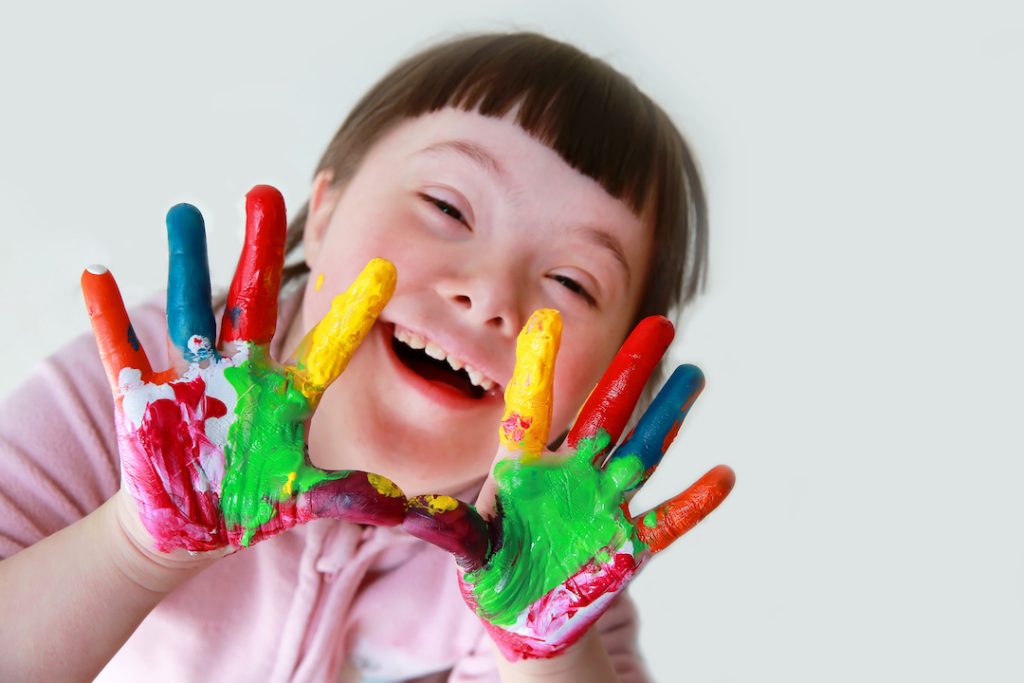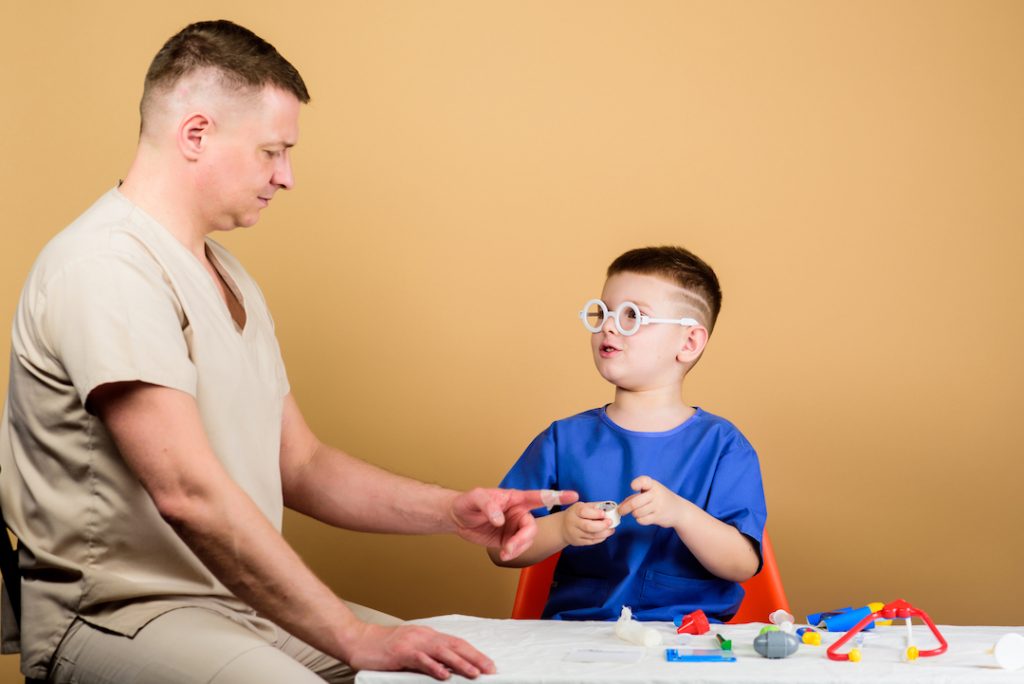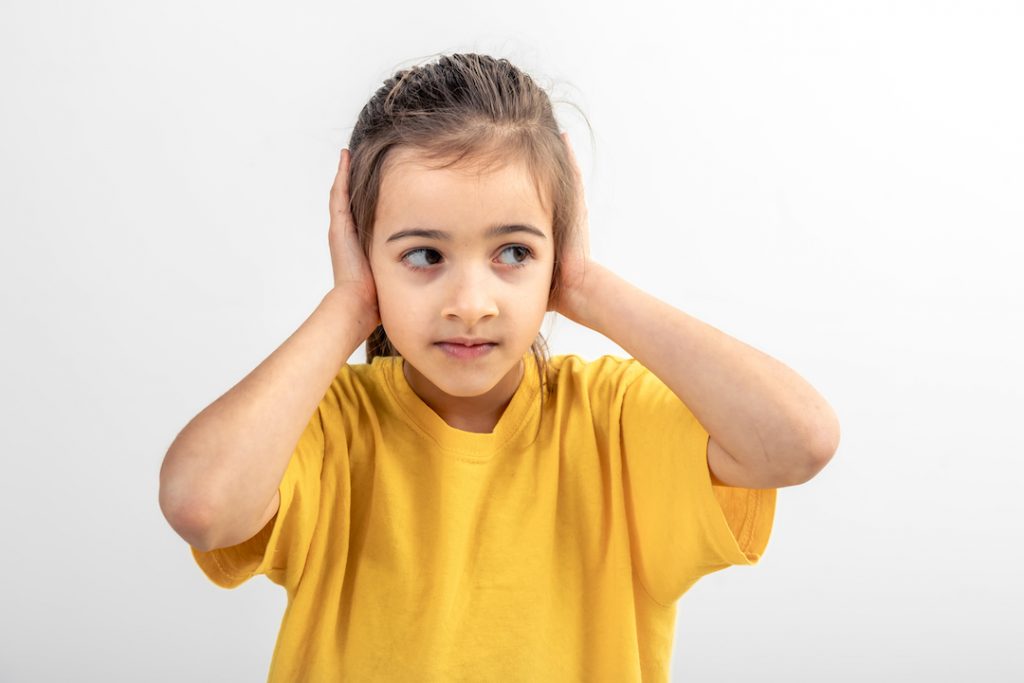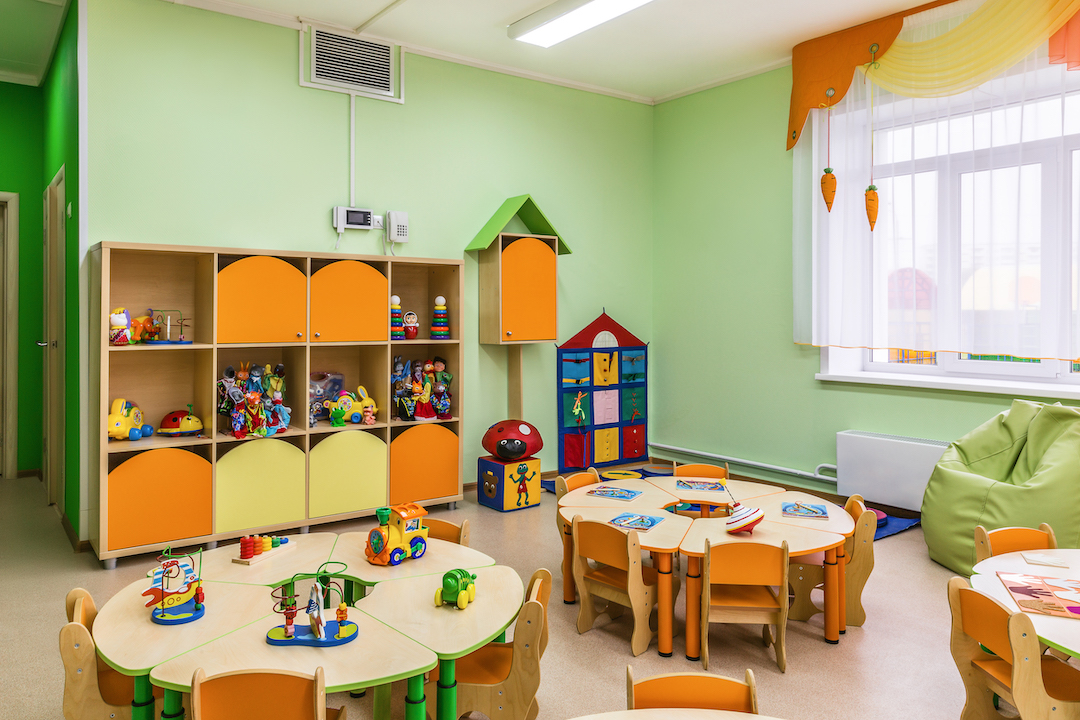Early Detection of Autism and Down Syndrome
Early detection of developmental conditions like Autism and Down syndrome is crucial for supporting your child’s growth. Understanding the early signs of these conditions can help you provide timely and effective support. While some signs may overlap, recognizing the differences between Autism and Down syndrome can significantly improve your child’s development and quality of life.
Social Interaction and Communication
Autism

Children with autism often avoid eye contact and prefer to play alone. They might start talking later than other kids and find it hard to express themselves. Understanding facial expressions and gestures can also be challenging for them. For example, a toddler with autism might not smile back when you smile at them or may seem uninterested in playing games that involve interaction with others.
Down Syndrome

Kids with Down syndrome usually enjoy interacting with others. They might have speech delays, but they show a strong desire to communicate and connect with people around them. These children are often more sociable and may seek out interactions with family members, friends, and even strangers. However, they may struggle with understanding complex instructions and need simpler communication strategies to understand what is being said.
Repetitive Behaviours and Interests
Autism

Children with autism often show repetitive movements like hand-flapping, rocking, or spinning. They might stick to routines and get upset if these routines change. For example, they may insist on eating the same food every day or following a specific bedtime routine. They also tend to focus intensely on specific interests, such as memorizing train schedules or collecting particular types of toys, sometimes to the exclusion of other activities.
Down Syndrome

Kids with Down syndrome may also engage in repetitive behaviors, but these are usually less intense than in autism. For instance, they might enjoy certain activities repeatedly but are more flexible with changes in their routine. Their interests are generally broader and less narrowly focused compared to those with autism. While they may have favorite activities or toys, they are usually open to exploring new experiences and play.
Sensory Processing

Both children with autism and those with down syndrome can have sensory processing issues. They might be slow learners and are very sensitive or not sensitive enough to things like sights, sounds, textures, or smells. For example, loud noises might be overwhelming for some, while others might not react to pain as expected. Recognising these sensitivities helps in making their environment more comfortable. Providing a calm, predictable environment with sensory-friendly tools and activities can significantly improve their daily experiences.
The differences between autism vs down syndrome are summarised here.
| Characteristics | Autism | Down Syndrome |
|---|---|---|
| What is it? | A brain development difference affecting social skills and communication | A genetic condition where someone has an extra part of chromosome 21 |
| Cause | Unknown, but genes might be involve | Extra chromosome 21 |
| Diagnosed | Early in childhood | Before birth (prenatally) or soon after |
| Looks | No specific physical features | Distinct facial features and shorter stature |
| Learning | May have learning challenges | Mild to moderate intellectual disability |
| Abilities | Can range from mild to severe. Some have strong skills in specific areas. | Can learn and work, often in simpler jobs |
| Social Cues | Difficulty understanding social cues like body language or tone of voice | Generally understands social cues |
Supporting Your Child’s Development
Detecting Autism and Down syndrome early is important for getting the right support for your child. Observing your toddler’s behaviour and development closely can provide important clues. If you notice any concerns, such as delayed speech, unusual social interactions, or repetitive behaviours, talk to your pediatrician. They can help you determine if further evaluation is needed. Early diagnosis is crucial, especially for conditions like mild autism, moderate autism or specific types of autism. Early help can make a big difference in your child’s development and well-being, providing them with the tools and support they need to thrive.
Looking for special needs children classes and support? Visit GogoKids to find tailored programs and resources for your child’s unique needs.

Easily register your child for Standard 1 in Malaysian public schools for the 2025/2026 year with our step-by-step guide. Learn about online applications and required documents.

Daycare Fees in Malaysia: How Much Should You Expect to Pay?

Estimating Your Child’s Education Costs in Malaysia: A Practical Guide




